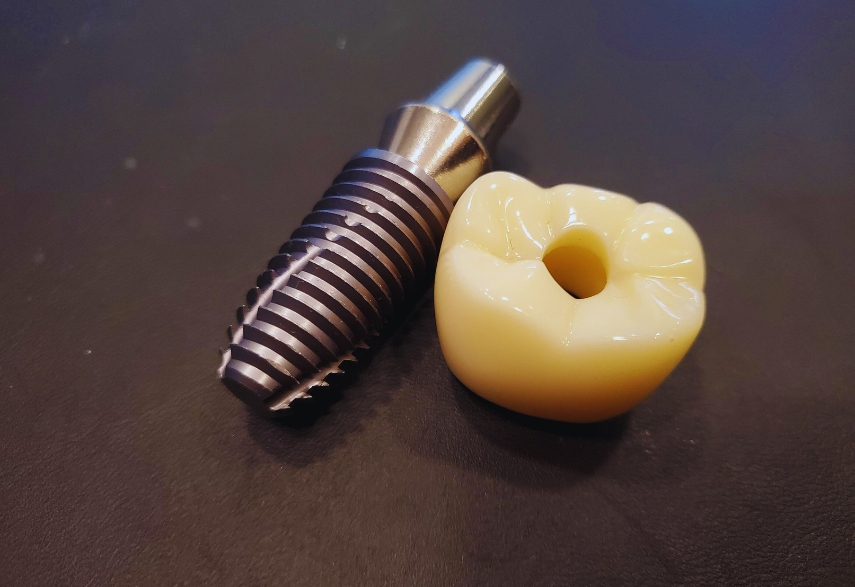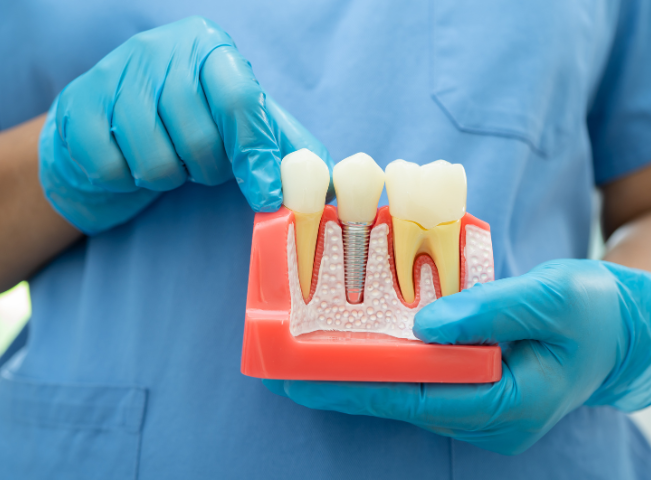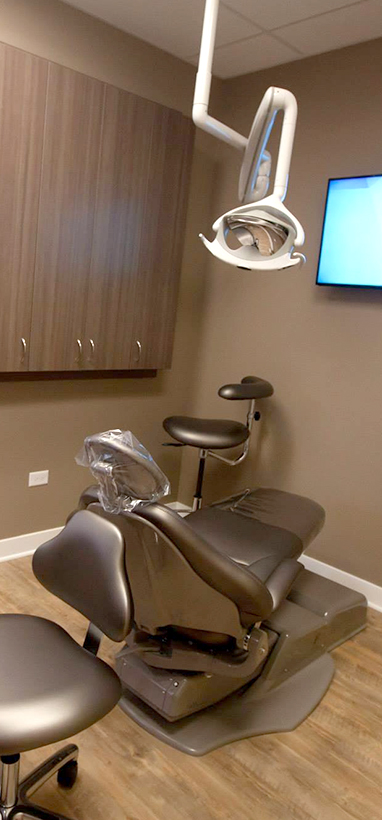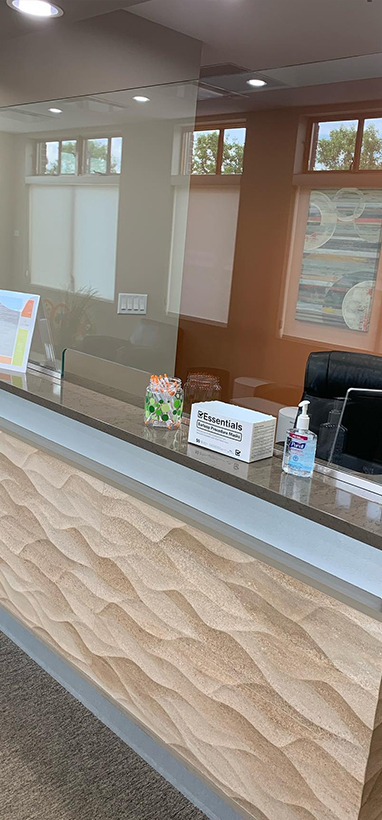1516 Legacy Cir, Naperville, IL 60563
How to Care for Your Dental Implants After Placement: Essential Tips
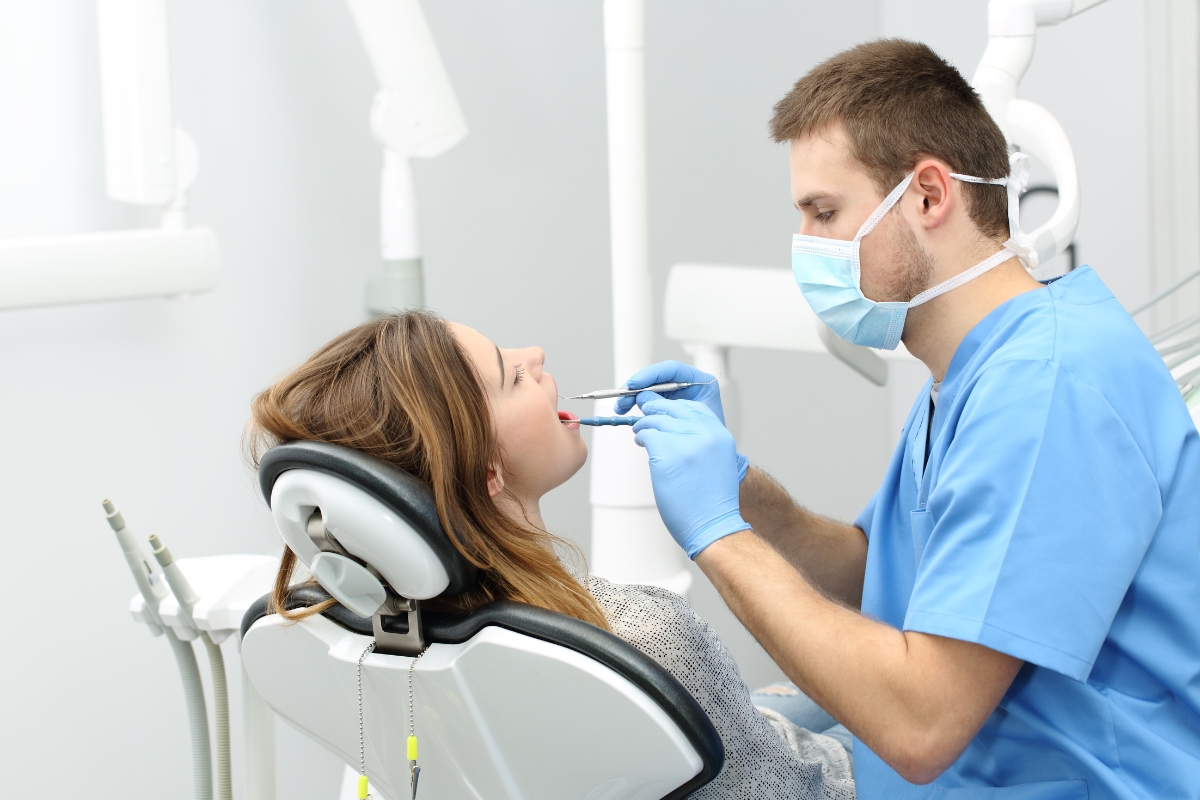
Dental implants have become the ultimate solution in tooth replacement due to their long-lasting and natural approach. Whether you’ve just had dental implants placed or are considering the procedure, proper aftercare is crucial to ensure the success of your new smile. Throughout this blog, we will guide you through essential care tips for dental implants, enabling you to enjoy their full benefits for years to come.
Understanding Your New Dental Implants
Before giving any care tips, let’s briefly review what dental implants are. They are titanium posts that are surgically inserted into your jawbone. As time progresses, they integrate with the bone through a process known as osseointegration, providing a solid foundation for replacement teeth. That makes them one of the most reliable options for tooth restoration.
Like any other dental procedure, your implants need attention and commitment. Fortunately, with proper care, your dental implant can last a lifetime, providing both aesthetic and functional benefits.
Care Tips for Dental Implants
Maintain Oral Hygiene
Dental implants need proper care to last. Brush them just like you do your natural teeth, since they are also prone to plaque and tartar buildup. Use a soft-bristled toothbrush and a non-abrasive toothpaste to brush your implant twice daily. Floss carefully around the implant site with unwaxed floss or a special implant-specific floss threader. This helps remove food particles and plaque that could lead to infection.
Follow a Healthy Diet
For the weeks immediately following the placement of your dental implants, focus on soft foods and avoid hard or sticky items that can be difficult or uncomfortable to chew. This will give your implants time to heal properly and reduce the risk of damage. Once you’ve fully healed, stick to a healthy, balanced diet that contributes to oral health. Foods high in calcium and vitamin D help your bones be healthy, which is important for the stability of your dental implants.
Regular Dental Check-ups
Routine dental visits are crucial to ensure your implants function properly. Your dentist will inspect your implants and the surrounding tissues for any signs that complications, such as infection or bone loss, may be developing. These visits also allow for professional cleaning to help keep your oral hygiene at its best and prevent problems before they start.
Avoid smoking
Smoking remains one of the significant factors that result in implant failure. It interferes with the healing process by restricting blood flow to the gums, thereby impeding osseointegration. To keep your implant in place and working well, it’s best to avoid smoking or using tobacco products.
Manage Teeth Grinding
The habit of grinding your teeth while you sleep at night may put additional stress on your dental implants. Discuss with your dentist the use of a custom-made night guard to protect your dental implants and natural teeth from further damage caused by grinding.
Be Conscious of Your Implant’s Stress Load
After your implants have fully integrated into the bone, be aware of excessive pressure. Avoid using your teeth as tools to open bottles or tear open packages. This kind of stress can cause fractures or loosen the implant.
What to Avoid After Getting Dental Implants
To make your implant last longer, avoid habits that can lead to complications:
- Chewing on hard objects such as ice, pens, or fingernails can stress your implants.
- Consumption of sticky and chewy food might stick in the region of the implant and cause plaque formation.
- Poor oral care practices can lead to gum disease and ultimately result in implant failure.
Following these simple steps will help you maintain the health and optimal function of your dental implants.
How to Know if Your Dental Implants Are Healing Well
Some discomfort and swelling are expected immediately following the procedure, but these should gradually disappear as you heal. If you experience sharp pain, persistent swelling, or signs of infection, such as redness or discharge with pus, please consult our dentist at Living Well Dental Group immediately. They will be able to evaluate it and ensure your implant is healing as it should.
FAQs
- How long do dental implants last?
With proper care, dental implants can last a lifetime. Regular dental visits and good oral hygiene are essential to ensuring their longevity. - Can I eat normally after getting dental implants?
It’s best to stick to soft foods for the first few weeks after your procedure. Once healed, you can eat normally, but avoid hard, sticky foods. - Are dental implants painful?
Most patients report minimal pain after the procedure, which can be managed with over-the-counter pain relief. Any discomfort should subside within a few days.
How can I prevent implant failure?
Maintaining oral hygiene, avoiding smoking, and following your dentist’s aftercare instructions are key to preventing implant failure.



